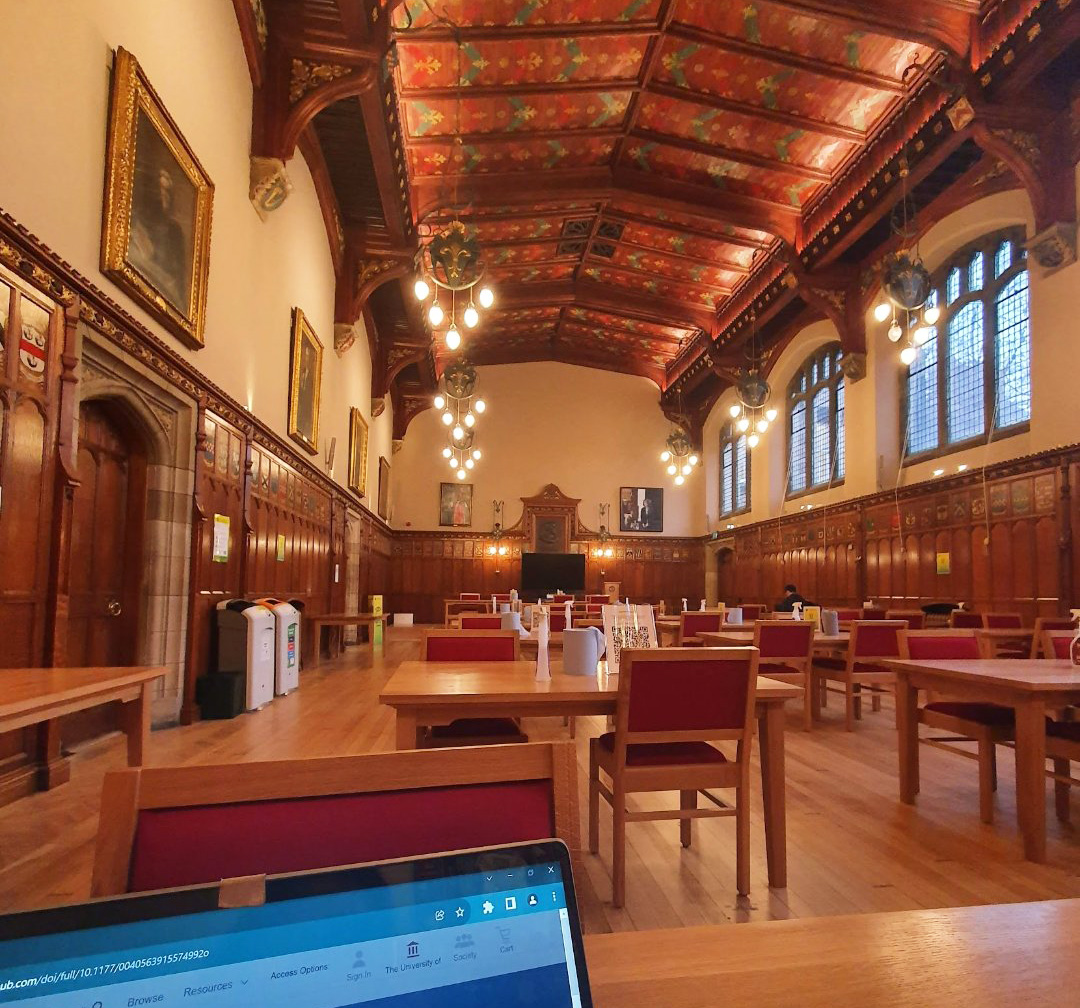Mythbusting Theology

by Emily, from the UK, studying Theology, 2nd year
There are many misconceptions about studying religion at university – hopefully this blog gives a little insight into Theology to inspire you to take a leap of faith! (…so to speak).
1. You have to be religious to study religion
This is the most common misconception about this area of study. In the 4 years I’ve been studying here at New College, I’ve never met two people with the same background! Everyone comes from an enormous variety of faith and non-faith experiences which creates incredible class discussions and debates. The broad life experiences of everyone in your classes are some of the best components to your degree and it’s where your learning starts.
2. Only religious leaders study religion
Religious vocation isn’t necessary to find this subject fascinating or beneficial. Theology and religious studies degrees exist to expand what you think you know about the world. These degrees are perfect for people interested in people. Maybe you are a religious leader exploring your passion, or maybe you’re just exploring your passion to learn more about religion, politics, sociology and anthropology.
3. Religious studies is useless to today’s society
The longer I study this subject, the more convinced I am that it’s the best way to learn all humanities subjects within one degree. Maybe you’re undecided on which degree to study? Theology has you covered. We’re talking politics, history language, human rights, art, media, music, sociology, anthropology- the list is endless. Religious studies degrees are not a vaccuum, which means that these courses are colourful, harrowing and completely absorb you from day one.
4. Religious degrees are limited to one faith
I can’t speak for every university, but Edinburgh’s divinity faculty have an incredibly broad range of courses and module choices built upon their amazing team of staff and their own research and lived experiences. I’ve been able to study Buddhism, Hinduism, Islam, Judaism, Christianity, Jainism and indigenous religions because of this degree through a combination of reading, media, art, language, and research. It’s unbelievably fulfilling to know more about the people you interact with on a daily basis, and it makes for incredible conversations too!
5. There are no job prospects for Theology graduates
The transferrable skills from this degree are vital to whatever career you choose to pursue after university. Whether that be a religious vocational position, teaching, law, or even retail. Whatever jobs you pursue after university will benefit from having your experience of time management, organisation, languages, politics, world history, people skills, communication, presentation skills. This subject is also amazing if (like me) you have no idea what career to pursue after uni. The skills you gain here are applicable to anything and will help you in both your personal and professional life.
So hopefully I’ve managed to clear up those misconceptions! But overall, studying theology is one of the best things you can do, even if it’s a couple of extra classes whilst you study a completely different degree. Choosing degree courses is difficult, but hopefully this blog leaves at least some people feeling more reassured that if you’re passionate to learn about religion and people then theology is an amazing path to take.
Want to find out more?



